Sucker Punch Your Stress Before It Take You Out
Category: Gut Health

April marks the beginning of Stress Awareness Month and because stress is on the rise everywhere I thought we’d talk about that gnawing pressure from work, that constant anxiety over money, or even the emotional weight of relationships that we all experience. We deal with stress on a daily basis, but most people don’t realize that stress doesn’t just sit in your head.

It’s also wreaking havoc on your body in ways you might not even notice yet. We feel it in our chest, in our stomach, in our shoulders – it slowly chips away at our body and mind, wearing us down piece by piece, and it’s easy to brush it off as something everyone deals with, just another part of life that we all feel, right? But what most people don’t understand is what’s going on beneath the surface when stress takes hold.

Stress triggers a flood of hormones like cortisol and adrenaline – our body’s emergency response system. It’s the fight-flight or freeze reaction, an ancient defense mechanism that’s there to protect us when we’re facing a deadline or an unexpected change or challenge. These hormones help us rise to the occasion, sharpening our focus and giving us the energy we need to perform.
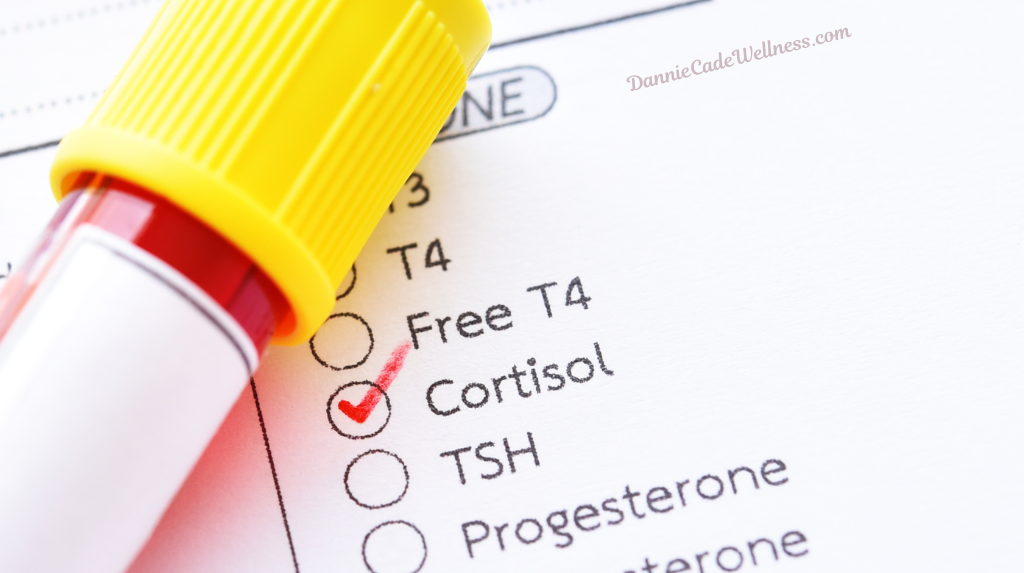
In short bursts, stress can even be helpful, but when it lingers, that’s when the real trouble begins. Over time, chronic stress isn’t just a passing feeling, it’s a slow poison that wears down our body’s systems and compromises our health and the longer stress sticks around, the more damage it does. First, it affects our cardiovascular system, causing our heart to beat faster and harder as our blood pressure rises.
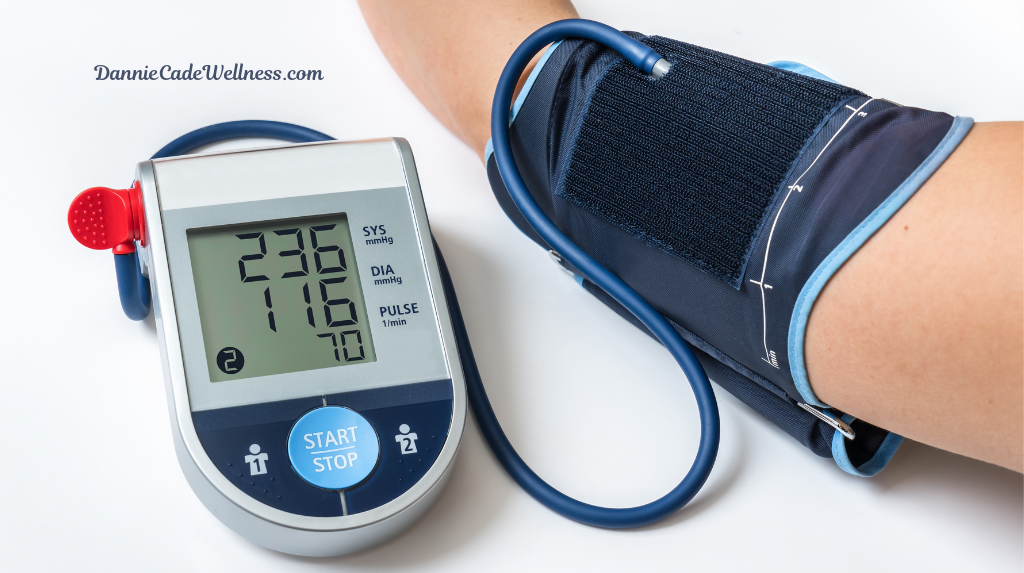
If this goes on long enough, it can cause lasting damage to our heart and blood vessels. Our immune system, which is supposed to fight off infections and diseases, gets weakened under constant stress, so we’re more vulnerable to getting sick, and recovery time takes longer. Have you noticed that stress makes it harder to shake off colds or that your body takes longer to heal from injuries? Now you know why.

Then there’s our digestive system. Stress messes with our gut functions, and the effects are often immediate and uncomfortable. Your stomach might feel tight or bloated, and that annoying feeling of indigestion or nausea can seem like it’s always lurking just below the surface.

It can also lead to long-term digestive issues too – conditions like irritable bowel syndrome (IBS) that sadly doesn’t just go away when you feel less stressed. The physical toll of stress extends far beyond just a racing heart or a bad stomach ache – it affects every part of your body in ways you can’t always see, but you can feel them, and it’s not just the physical damage you have to worry about.

Stress takes an even deeper toll on your mental and emotional health. When you’re constantly stressed, it changes the way your brain works. Anxiety creeps in and stays like a constant undercurrent that never seems to leave. It can lead to feelings of helplessness, depression, and irritability where even the smallest of issues feel huge, and the mental fog can make it nearly impossible to focus.

You might find yourself forgetting things, struggling to make decisions, or snapping at people for no reason. It doesn’t just cloud your judgment – it clouds your life and this mental toll of stress isn’t just about mood swings or frustration either. Over time, chronic stress can lead to real, diagnosable mental health disorders like anxiety and depression.
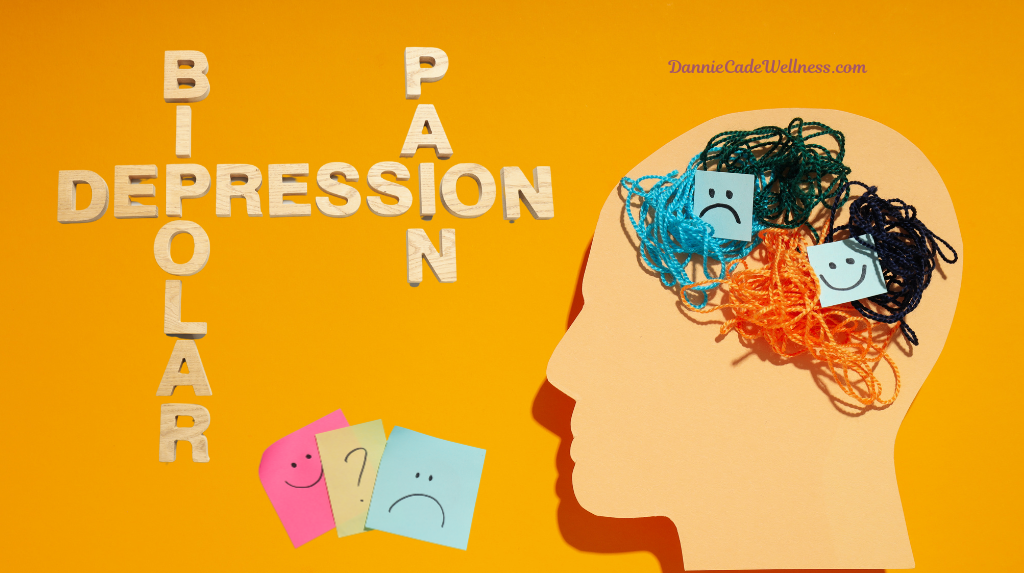
The problem is that stress creates a feedback loop – more stress leads to more emotional strain, which in turn then leads to more stress, it’s a cycle that can be incredibly difficult to break without intervention. If all of this sounds overwhelming, it’s because it is!…but the good news is that you don’t have to be a passive participant in your own stress story, you can take control. The first step is to acknowledge the stress BEFORE it takes over.
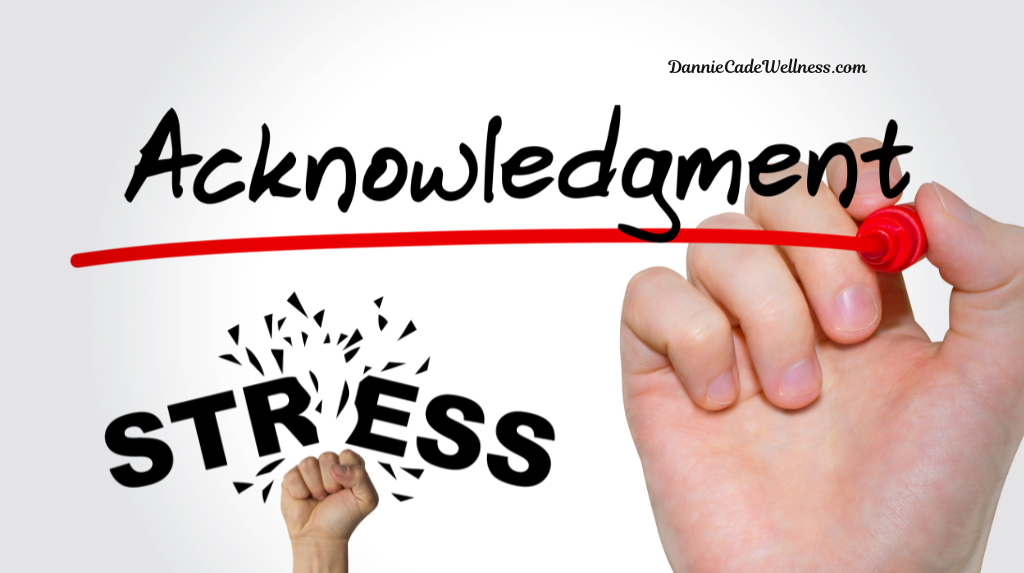
So many of us let stress build up until we hit a breaking point, but if you’re proactive, you can catch it before it spirals. Simple things like recognizing when you’re tense and taking a few minutes to breathe can make a big difference. It’s all about catching those moments where stress starts to take hold and stopping it before it gains momentum.
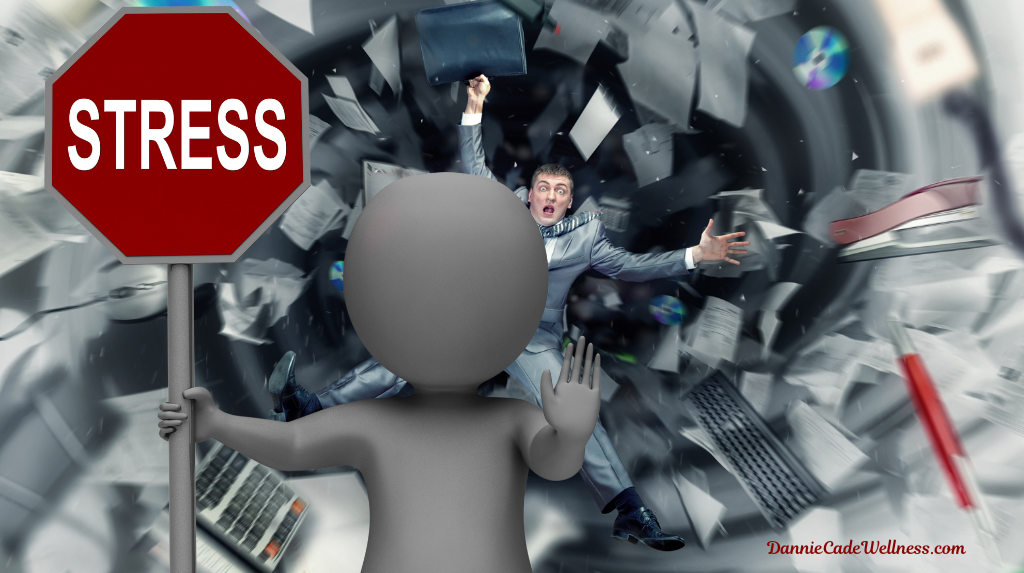
Take breaks during your day, step away from the chaos, even if it’s just for five minutes. A quick walk outside, a few minutes of meditation, or even just closing your eyes and taking some deep breaths can reset your brain and give you the space to recalibrate. It’s easy to ignore these moments, thinking you’re being more productive by pushing through, but trust me, pushing through on a body and mind running on fumes isn’t productive – it’s just leading you toward burnout.

Exercise is another tool that you can’t afford to overlook. It’s not just about getting in shape, it’s about using your body to release the pent-up stress that builds up throughout the day. A good workout, even something as simple as stretching or yoga, releases tension and triggers the production of endorphins, which are your body’s natural stress-relievers.

Even just a 20-minute walk can do wonders to clear your mind and help your body reset. And let’s not forget the power of talking it out. Stress is isolating, but it doesn’t have to be, you don’t have to carry the burden alone. Whether it’s talking to a friend, seeking professional help, or joining a support group, opening up about your stress can relieve some of its weight.

You don’t have to fix everything yourself either, sometimes just sharing the load is enough to lighten your mental and emotional load. At the end of the day, stress will always be a part of your life. It’s a natural response to the challenges we face every day, but we don’t have to let it control us. Take charge of your stress by recognizing it early and using the right tools to manage it.
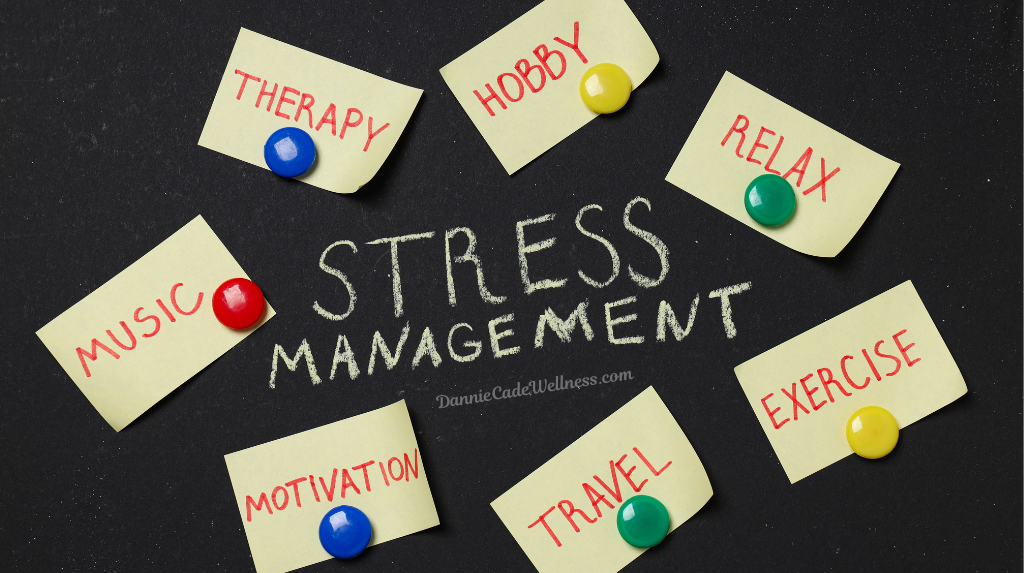
The healthier, more balanced life you want doesn’t come from eliminating stress altogether, it comes from learning how to cope with it effectively and not letting it take over. It doesn’t have to be our enemy, but it does need to be kept in check and if you learn to manage it, you can live a life that’s not just about surviving, but thriving. Get more stress help here, thanks for reading and enjoy a lower stress day!


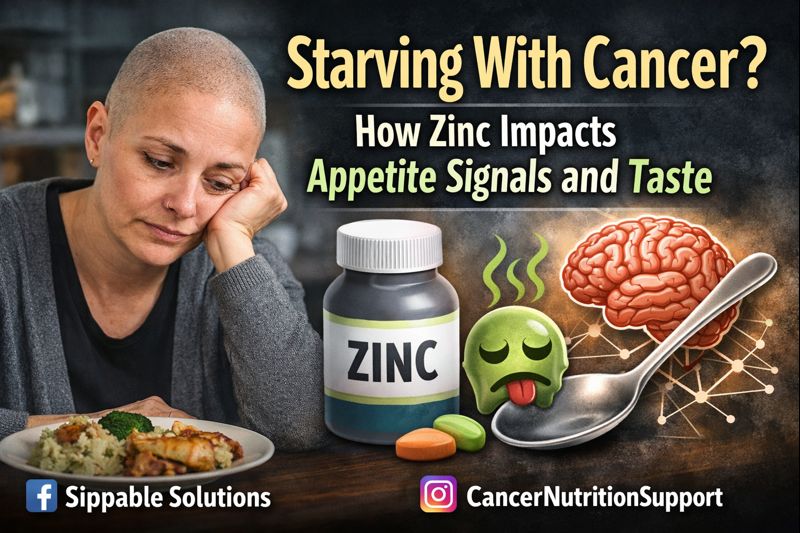
Facebook Comments